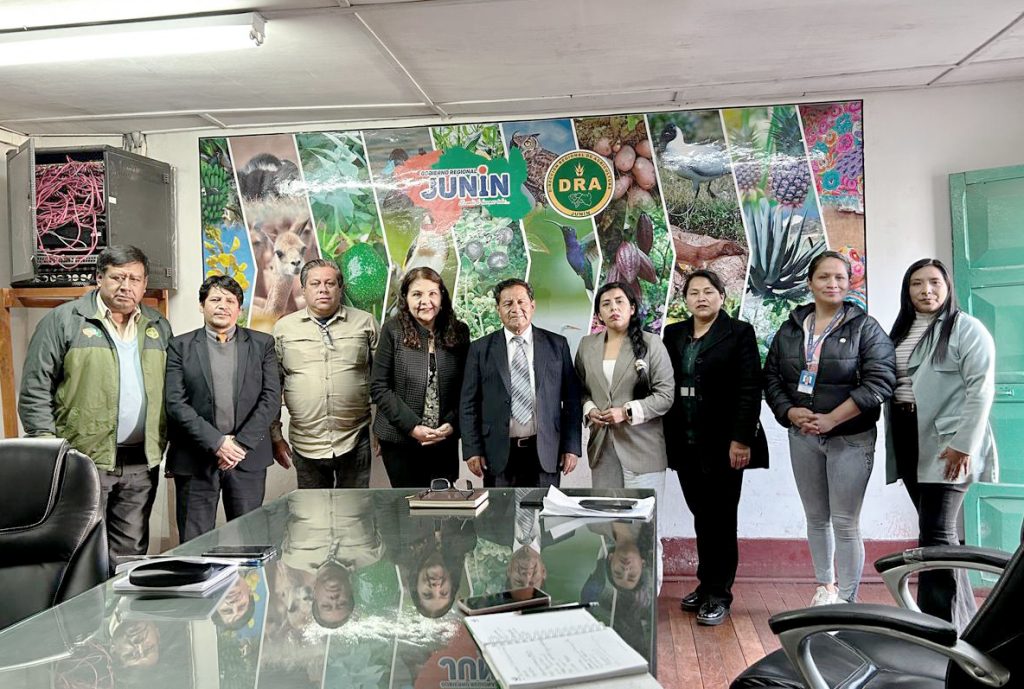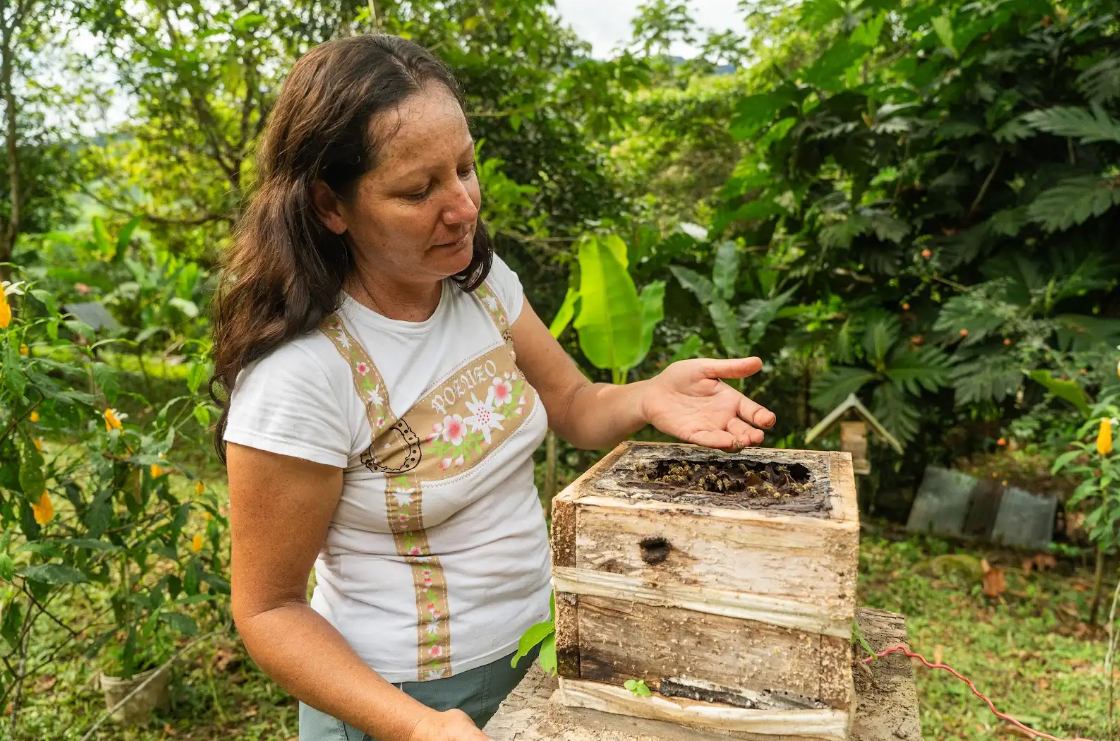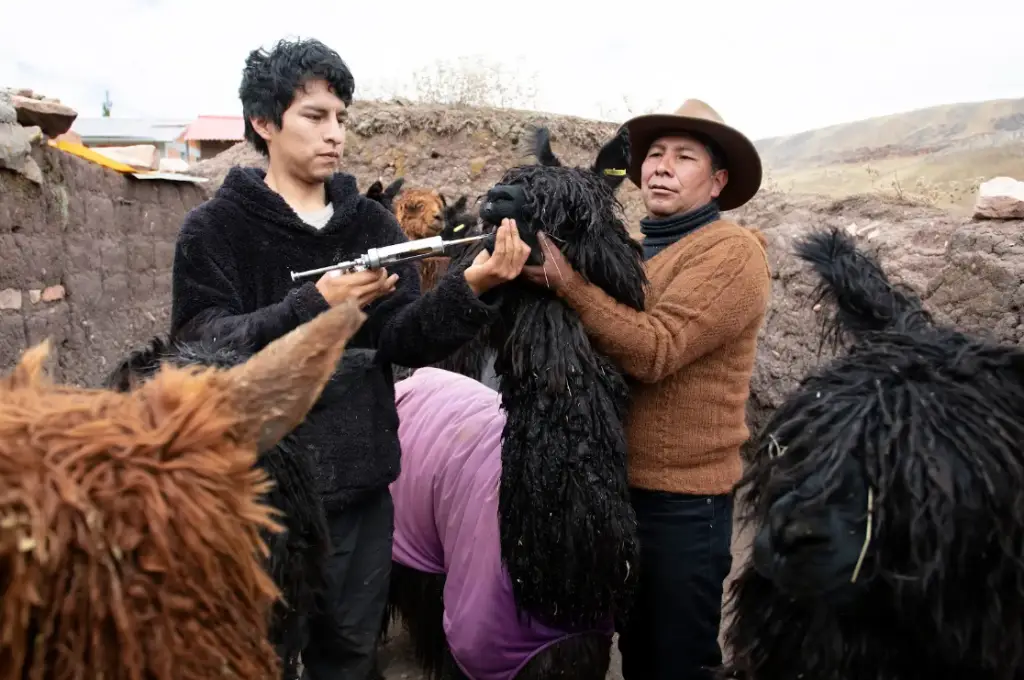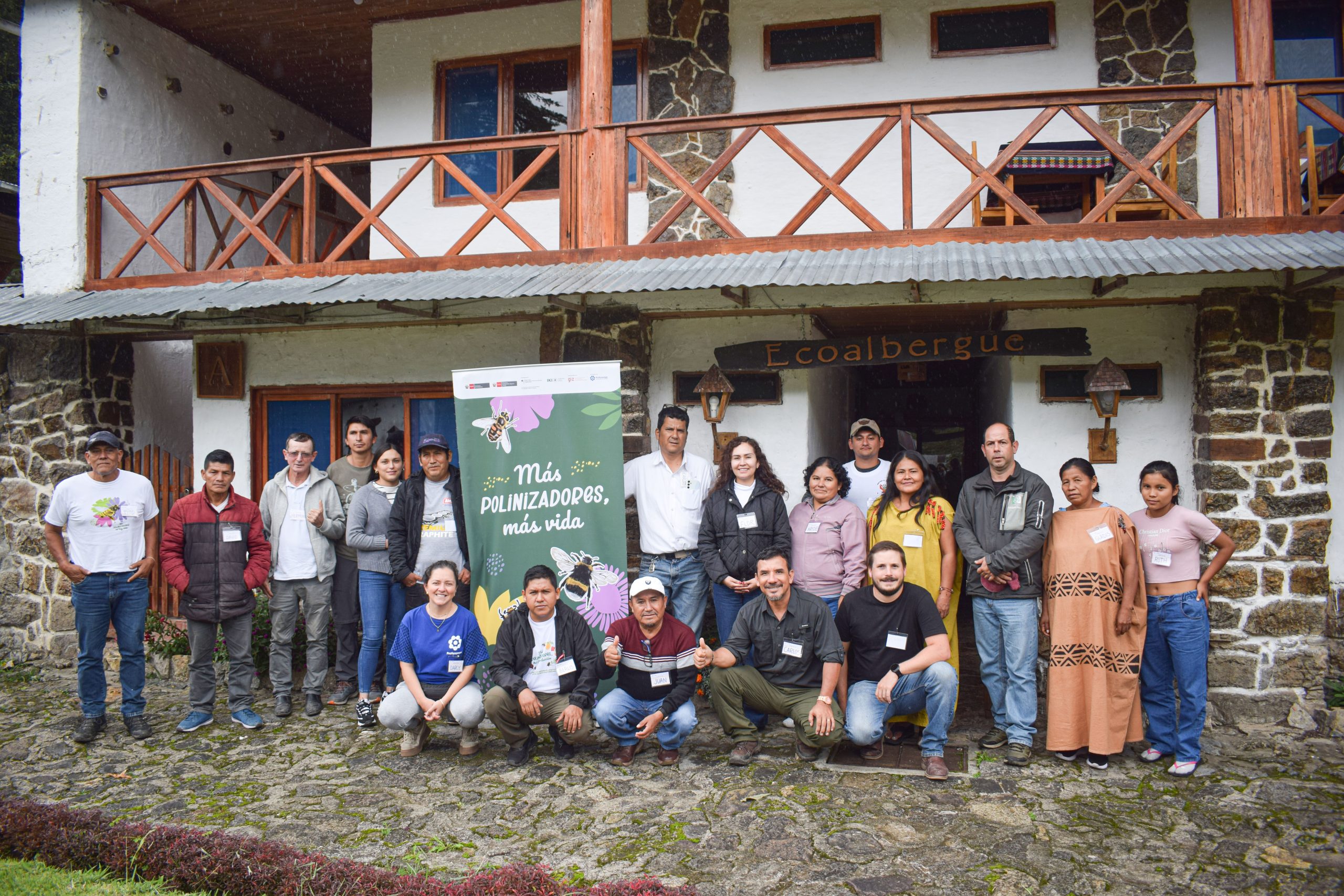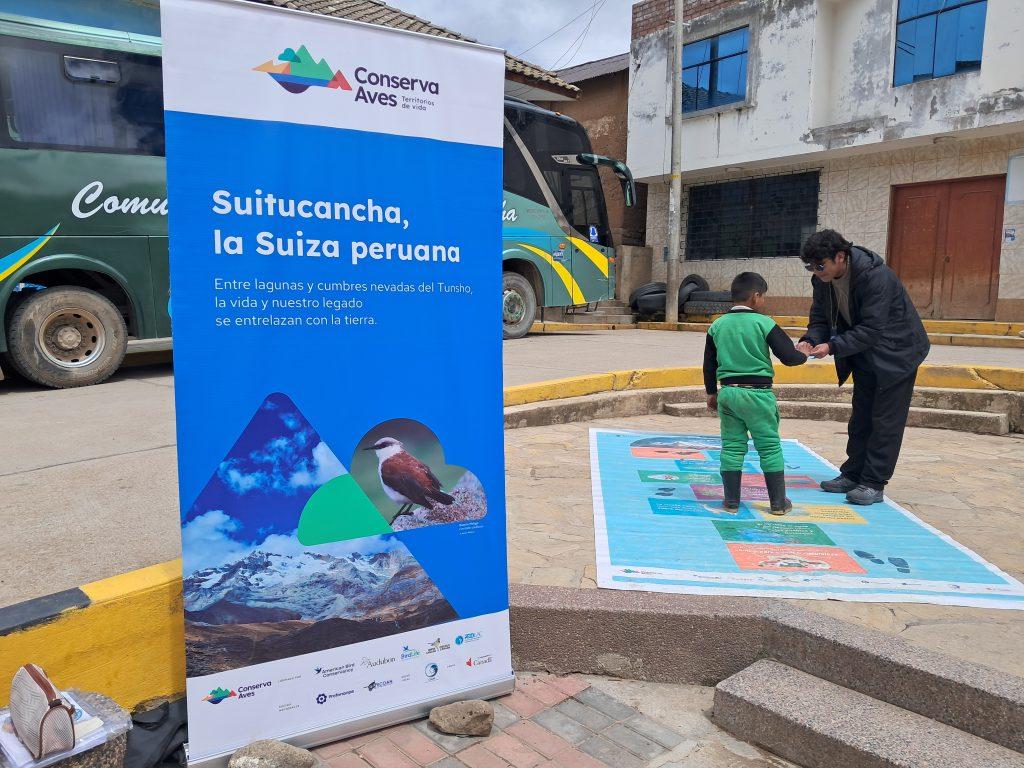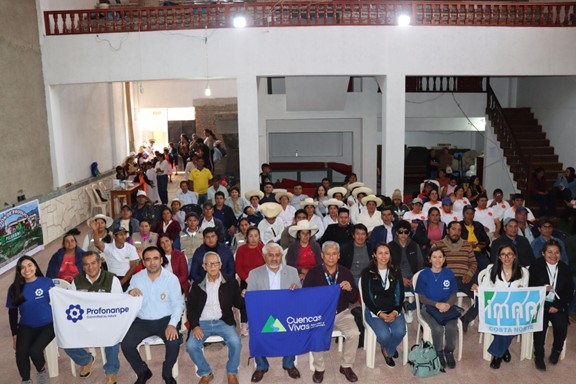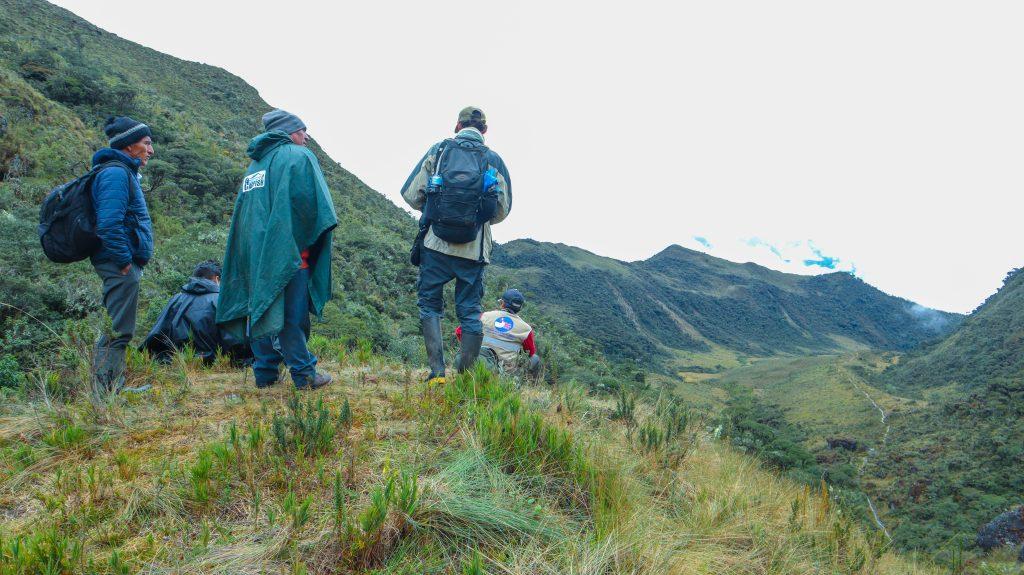Vanilla is a highly valuable Amazonian resource that stands out for its intense aroma and unique properties. Although its cultivation is still limited, its sustainable use represents an opportunity to diversify the local economy and strengthen the conservation of our forests.
As part of the efforts to strengthen bio-businesses in the Junín region, the ASL2 Amazonian Forests project, led by the Ministry of the Environment, participated in a coordination meeting with the Regional Directorate of Agriculture (DRA) Junín, to support the formulation of the technical file and project dossier to promote the vanilla production chain. This activity was held in Huancayo and was attended by key stakeholders from the agricultural and forestry sector.
During the meeting, the project’s technical team and the DRA Junín established agreements to promote this bio-business that will benefit 25 native communities in the province of Satipo. The project idea was registered under the name: “Creation of the support service for sustainable forest production development in the vanilla production chain in native communities in the districts of Río Negro, Río Tambo, Mazamari and Pangoa, in the province of Satipo, department of Junín”, for an estimated investment of 3.7 million soles.

Photo: H. Zell
For Cristina Portocarrero, technical coordinator of the ASL2 Amazonian Forests project, this agreement “is key because it brings us closer to the objective of enhancing the value of native biodiversity through sustainable production chains. In addition, this coordinated work with the Regional Government of Junín will make it possible to mobilize financial resources from the State to implement this initiative, generating direct benefits for the communities.” He also emphasized that this project can serve as a reference for other regional governments that wish to follow a similar route through public investment.
This process marks a milestone, as it will enable the development of the first Public Investment Project (PIP) for bio-businesses in the intervention regions. In addition, a specific agreement was announced between the DRA Junín and Profonanpe that will strengthen the joint work in the formulation and technical support of the vanilla dossier, contributing to the use of this species for the benefit of Amazonian communities.
From the Regional Directorate of Agriculture, Mariella Espinoza, head of the Formulating Unit, highlighted the importance of this alliance noting that the project responds to the strategic objectives of the DRA Junín to strengthen productive capacities through technical assistance and training. “This project will improve productive capacity and strengthen the vanilla value chain, contributing to the development of alternative crops that promote environmental conservation and improve the living conditions of the beneficiary population,” she said.

Photo: M. del Mar Paredes Maña
The meeting was attended by representatives of the Regional Directorate of Agriculture of Junín, including Jaime Aquino Aquino, regional director of the DRA Junín; Mariella Espinoza Flores, head of the Formulation Unit; and Pedro Hurtado Vásquez, director of Forest Management; and on behalf of the project, Cristina Portocarrero, technical coordinator; Eduardo Murrieta, Governance coordinator; Dafne Echegaray, regional facilitator of Junín; and Evelyn Palomino, specialist in Climate and Environmental Risk Management.
About the “ASL2 Amazonian Forests” Project
The project seeks to promote the conservation of healthy, functional and resilient forests and wetlands to climate change; maintaining important carbon stocks, avoiding Greenhouse Gas (GHG) emissions and generating sustainable and resilient local livelihoods.
This initiative is implemented by the Ministry of Environment (MINAM), with funding from the Global Environment Facility (GEF); and has the support of the Food and Agriculture Organization of the United Nations (FAO), the International Fund for Agricultural Development (IFAD), the United Nations Industrial Development Organization (UNIDO) and Profonanpe.


